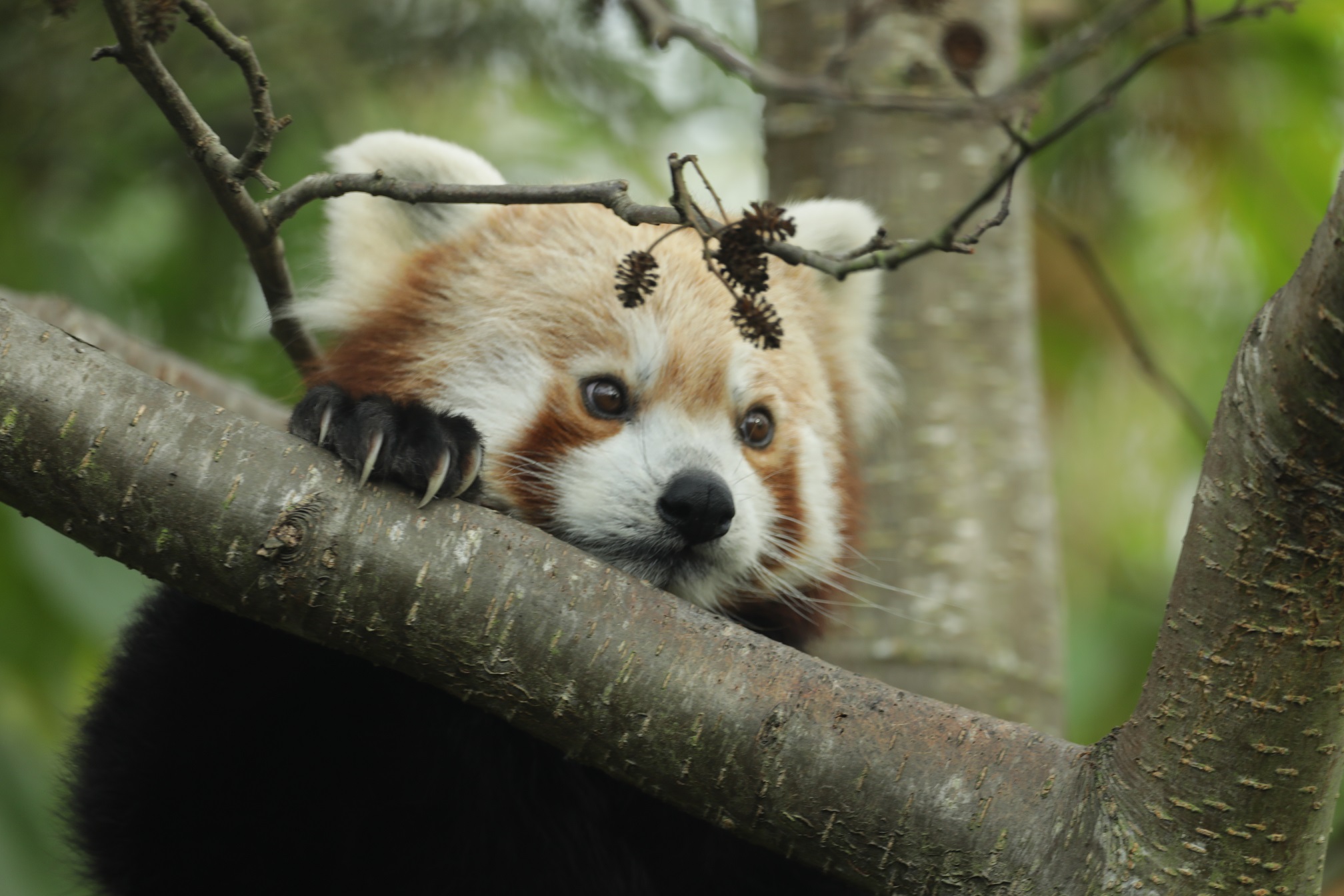Surprise as woolly mammoth ivory found in illegal wildlife trade
Posted 4 Jan 2019

Royal Zoological Society of Scotland scientists have been surprised to discover mammoth DNA during work to tackle the illegal trade in elephant ivory in Southeast Asia.
The DNA was found in trinkets in the Cambodian domestic market alongside items made with ivory from endangered Asian and vulnerable African elephants.
Scientists at the wildlife conservation charity’s WildGenes laboratory based at Edinburgh Zoo have been pioneering the use of genetic data in tackling wildlife crime. Working with partners, the aim is to develop a conservation genetics laboratory in Cambodia’s capital, Phnom Penh, to help monitor dwindling elephant populations and determine the origin of ivory finding its way to the marketplace.
Dr Alex Ball, WildGenes Programme Manager, said: “It is estimated that globally over 30,000 elephants are killed every year for their ivory and it appears there are increasing amounts of ivory for sale within Cambodia. However there seems to be no evidence of poaching in Cambodia’s own wild elephant populations.
“Understanding where the ivory is coming from is vital for enforcement agencies looking to block illegal trade routes. If we can use genetics to identify where elephants are being killed for their ivory, measures can be taken to protect those most at risk of persecution.
“DNA from ivory samples can reveal important information about the individual that grew the tusk, including where its closest relatives live.
“We are working with partners in Cambodia to support and train staff, which will enable them to carry out more of this work, which is vital to conservation efforts.”
Woolly mammoths have been extinct for around 10,000 years and are not covered by international agreements on endangered species.
Dr Ball said: “It was a surprise for us to find trinkets made from woolly mammoth ivory in circulation, especially so early into our testing and in a tropical country like Cambodia. It is very hard to say what the implications of this finding are for existing elephant populations, however we plan to continue our research and will use genetics to work out where it has come from.”
The current Cambodian ivory project, a partnership between the Royal Zoological Society of Scotland, Fauna & Flora International, the Royal University of Phnom Penh and the Royal Government of Cambodia, is funded by an Illegal Wildlife Trade Challenge Fund grant from the UK Department for Environment, Food & Rural Affairs.
The players of People’s Postcode Lottery support the continuing work of the WildGenes laboratory, the only zoo-based animal genetics lab in the UK.

